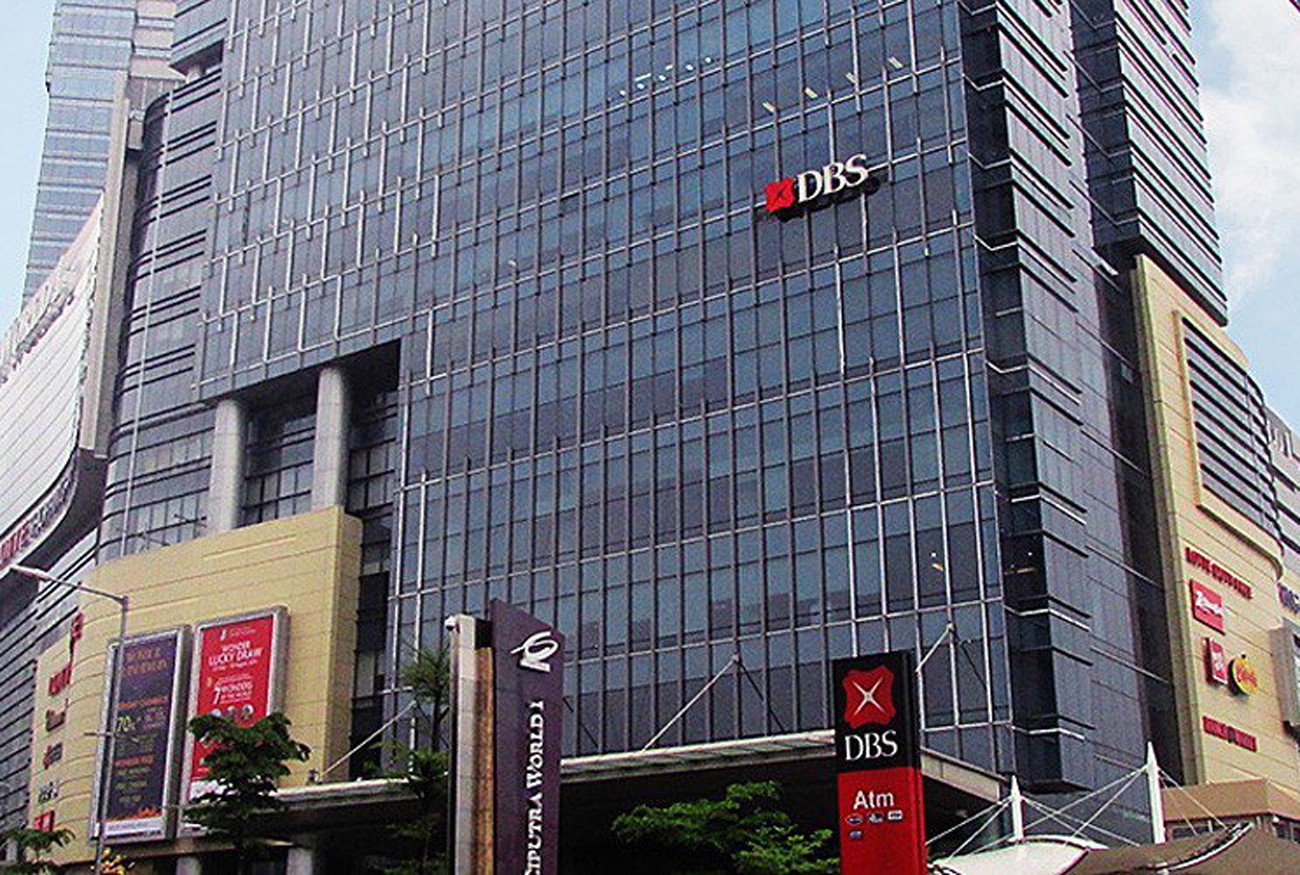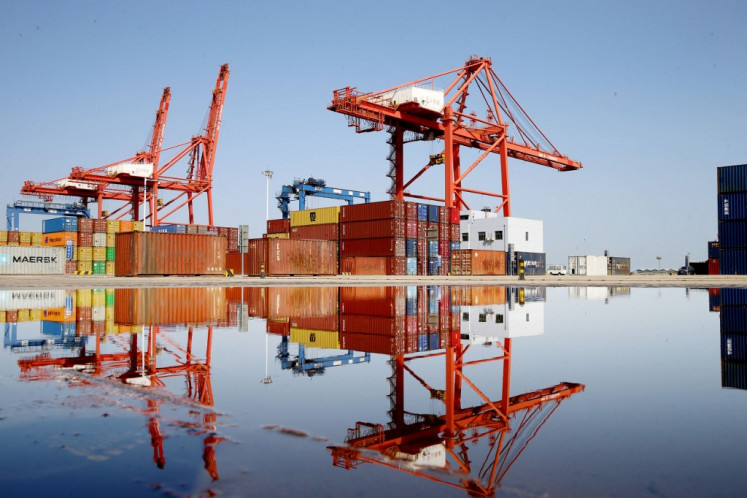Asian banks 'falling short' on decarbonization efforts: Study
A review of 32 banks throughout East and Southeast Asia showed that none had made any clear commitments or adequate implementation plans.
Change text size
Gift Premium Articles
to Anyone
 A building of the Development Bank of Singapore (DBS) is shown in this undated photo. The lender ranked the highest among Asian banks in its decarbonization efforts, but it still lacks short- and medium-term plans. (Courtesy of/DBS.com)
A building of the Development Bank of Singapore (DBS) is shown in this undated photo. The lender ranked the highest among Asian banks in its decarbonization efforts, but it still lacks short- and medium-term plans. (Courtesy of/DBS.com)
B
anks in Asia are "falling short" when it comes to meeting global pledges to tackle climate change and aligning with the decarbonization aims of their countries, according to a study published on Wednesday.
Nearly 200 countries signed a pact in Glasgow last year calling on banks and financial institutions across the world to mobilize more finance to help achieve global climate goals and to seek innovative ways to pay for climate adaptation.
But a review of 32 banks throughout East and Southeast Asia showed that none had made any clear commitments or adequate implementation plans to meet the goals of the Paris climate agreement, according to Asia Research & Engagement (ARE), a Singapore-based environment group.
The banks have been quick to launch green financial products but they have lagged when it comes to cleaning up their existing products and carrying out policies required to divert capital away from carbon-intensive industries, it said.
"This raises concerns of greenwashing: that banks are seeking a marketing benefit for sustainable finance deals while providing higher levels of finance to dirty industries," the report said.
Of the 32 banks in major economies like China, Japan, South Korea, Singapore and Indonesia, only nine had long-term net-zero commitments for the emissions they finance, while only 13 have policies prohibiting the financing of new coal-fired power.
The highest ranked Asian bank was the DBS Group in Singapore, which has set a long-term net-zero target, but has not yet made any clear short- and medium-term plans, and also had a number of gaps in its financing policies.
DBS did not respond immediately to a request for comment.
Five banks were given the lowest rating because they had "barely started" their journey towards climate readiness, including China's Bank of Ningbo, Ping An Bank and the Shanghai Pudong Development Bank.
None of three banks immediately responded to requests for comment.
ARE said banks needed to establish clear climate policies that were aligned with national goals in order to avoid future regulatory risks and ensure their clients transition to cleaner and more competitive technologies.










